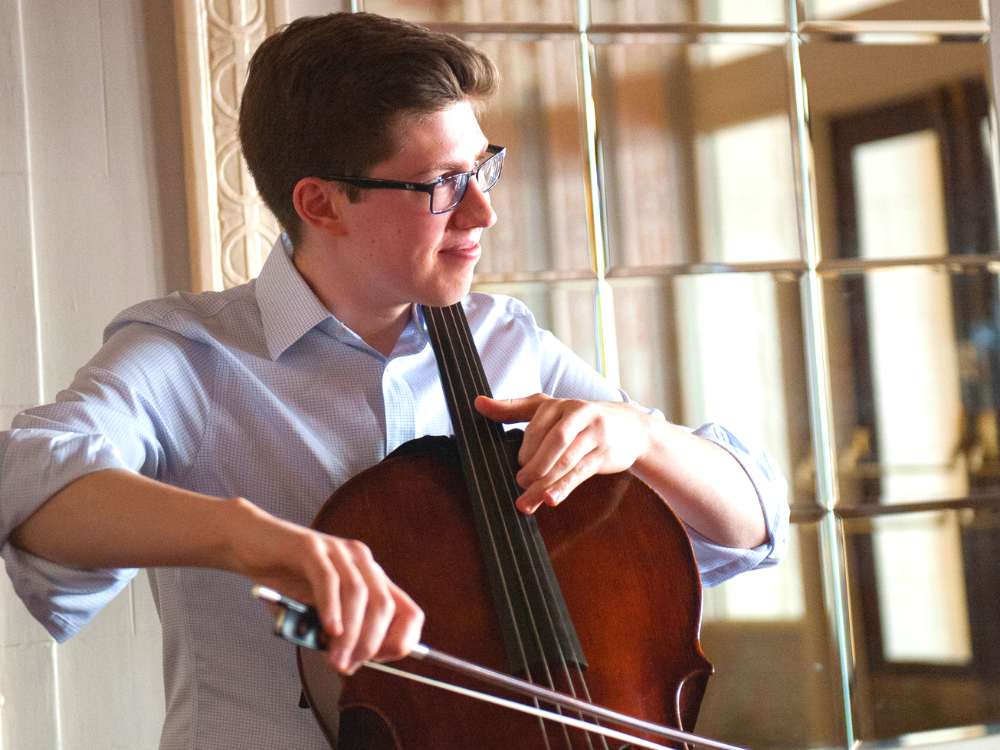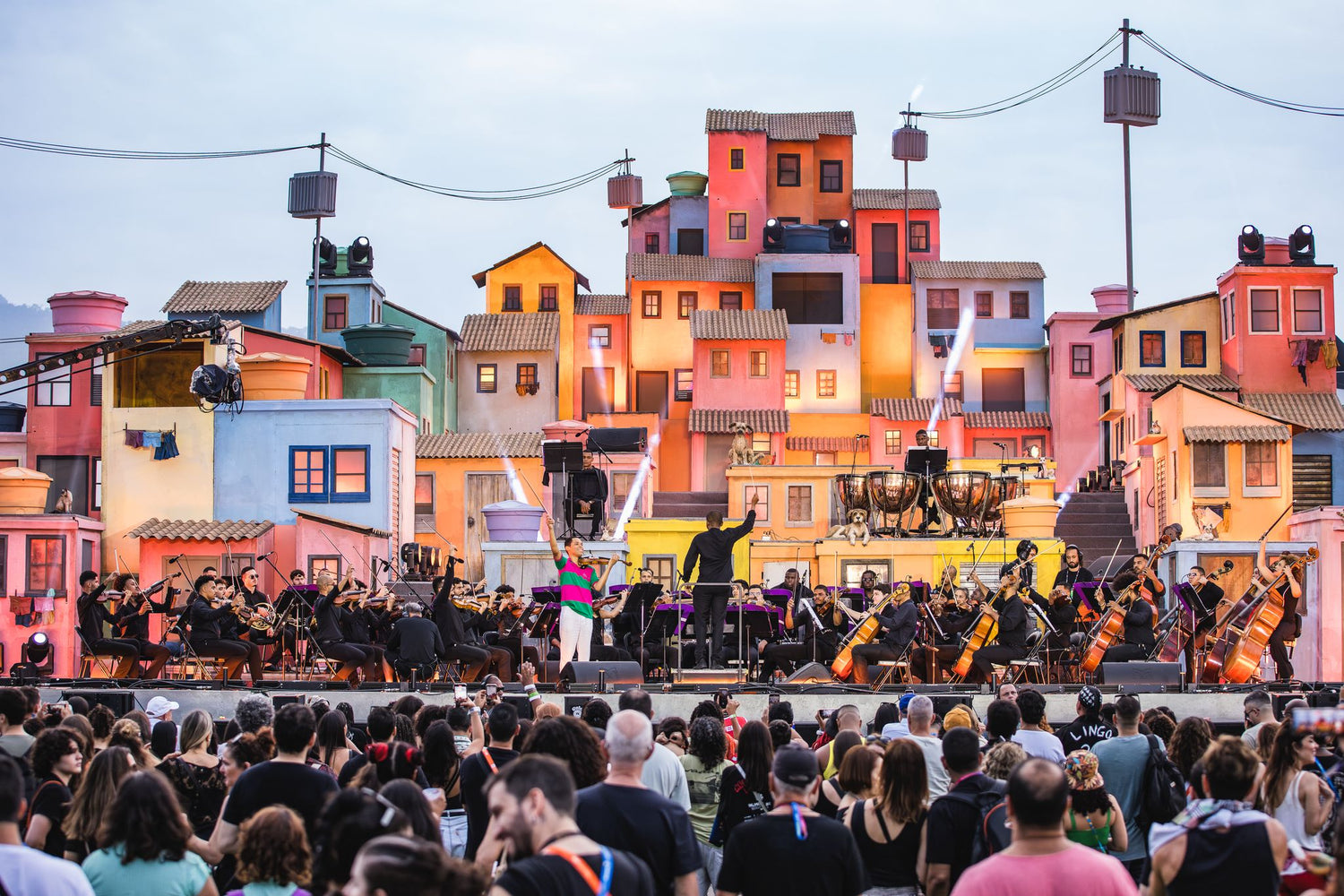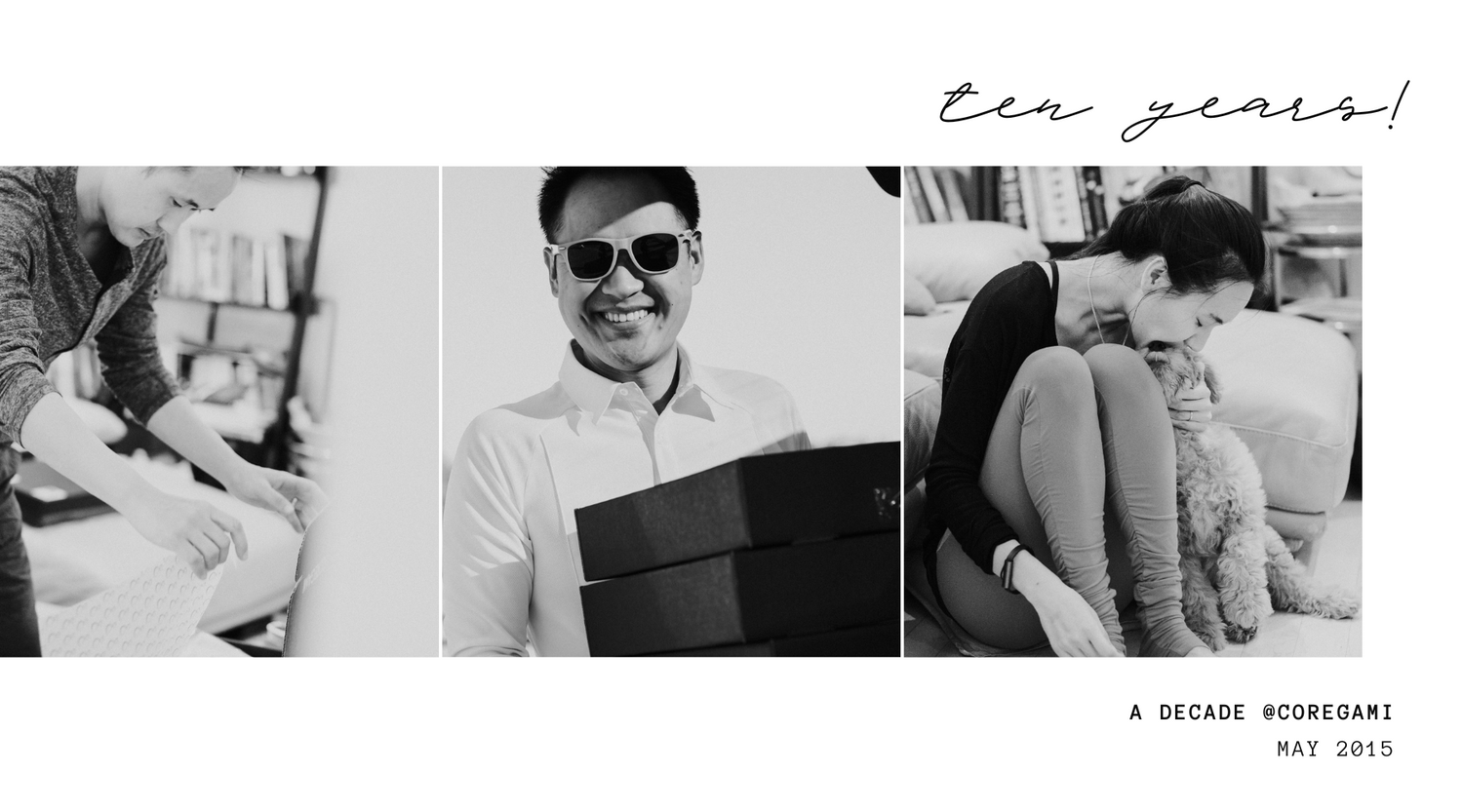Interview with Austin Huntington
Principal Cellist with the Indianapolis Symphony Orchestra
Rachel Watkins
9/08/2017
For Austin, music is more than just playing the right notes at the right time. Music is an experience. And, his greatest challenge—and greatest reward—is to get the most out of music and share it with others.
At the ripe age of 22, he’s making waves as the principal cellist of the Indianapolis Symphony Orchestra—and as one of the youngest principal musicians of any major American orchestra. Just don’t call this hyper-talented musician a prodigy. He doesn’t necessarily subscribe to that label, although there is no denying his natural affinity for music which he’s fostered through his endless dedication.
We had a chance to catch up with Austin. Here’s what else he had to say:
-
When did you discover your passion for music?
My great aunts played the French horn, but my parents are actually in medical field. However, they are huge classical music fans and they always took me and my two brothers and two sisters to the symphony. So, that’s probably where my love of music began. But, I wasn’t really that focused until I was 12 or 13. It was then that I was recommended to go to Chicago to start cello lessons with teachers there. My parents have been so supportive; my mom drove me back and forth from our home in Indiana to Chicago for those lessons. It was quite the commute.

-
Any pre-show rituals?
It really depends on the show, but for a classical concert, I generally keep a pretty rigid pre-show schedule to ensure my performance is at the highest level. For example, I have a nice light meal—salad with chicken or clean protein and veggies—about two hours before the show to keep me full and energized but not weighed down. I get to the concert hall about an hour before show time and do a 30-minute warmup with scales, arpeggios, maybe an etude exercise for cello. Then, I eat a banana. I always have! It’s probably the placebo effect now, but it seems to give me energy to last through the concert.
-
What do you like to do when you’re not playing the cello?
Sleep! Seriously. But, also the normal things people like to do—hanging out with friends, etcetera. I also go through various phases, and this past year, I really got into running. I work hard and devote my life to cello, but running has been an entirely new thing that has challenged me. I finished my first 10K, and it just made me happy to run that race and conquer something a bit nerve-racking, scary and foreign to me. It was fun! I also love just being outside and letting my mind wander or meditating in nature.
-" It’s 90 percent work and 10 percent talent, but most people only see the performance and not all the practice that goes into it. "
-
Most memorable performance thus far?
One of my more memorable performances was at the Aspen Music Festival. It was the last concert of the season, and it was 70 degrees outside and sunny. It was so beautiful! We played Mahler Symphony No. 8, and it was the first Mahler symphony I had ever played. I was skeptical of Mahler, too, but I don’t think I’ve been more wrong about anything in my life. Anyway, everything was just so perfect in my eyes for the performance, and with it being outdoors in Aspen, all five senses were truly engaged.
Another memorable experience was during my two trial weeks with the Indianapolis Symphony Orchestra. One of the concerts featured Beethoven Symphony No. 9 and that’s the night when the ISO conductor found me during intermission and congratulated me that I’d gotten the job and told me that the ISO was my new home. The second half of that show was filled with so much joy and gratitude—what Beethoven had composed really came to life for me in that moment. It was such an emotional high.
You’ve been called a child prodigy; what do you make of your talent and success?
Sure, there are people who have natural talents and have a propensity to be amazing at what they do. But, I don’t think I am a child prodigy. I have been fortunate enough to be at the right place at the right time with amazing parents and amazing teachers by my side who have inspired me to dig deeper. It’s 90 percent work and 10 percent talent, but most people only see the performance and not all the practice that goes into it.
-
" I don’t think about myself that much. "
-
What’s next for you?
I’m not doing any music festivals this summer, as I’m taking the time to hit the refresh button. But, I am going to China for a friend’s wedding—my girlfriend’s brother’s wedding!
How did you find out about Coregami?
I honestly cannot remember where I first found out about Coregami, but I think one of my friends posted it on Facebook. I admit I was skeptical; it sounded weird. I mean, I had never seen anything like it and I’ve tried so many dress shirts before. But, Kevin Yu [founder of Coregami] was amazing and sent handwritten notes with everything; he really went above and beyond. And, I haven’t worn a normal, non-Coregami dress shirt since.
" Music is an endurance sport and you need to wear something that would agree with that idea of music."






